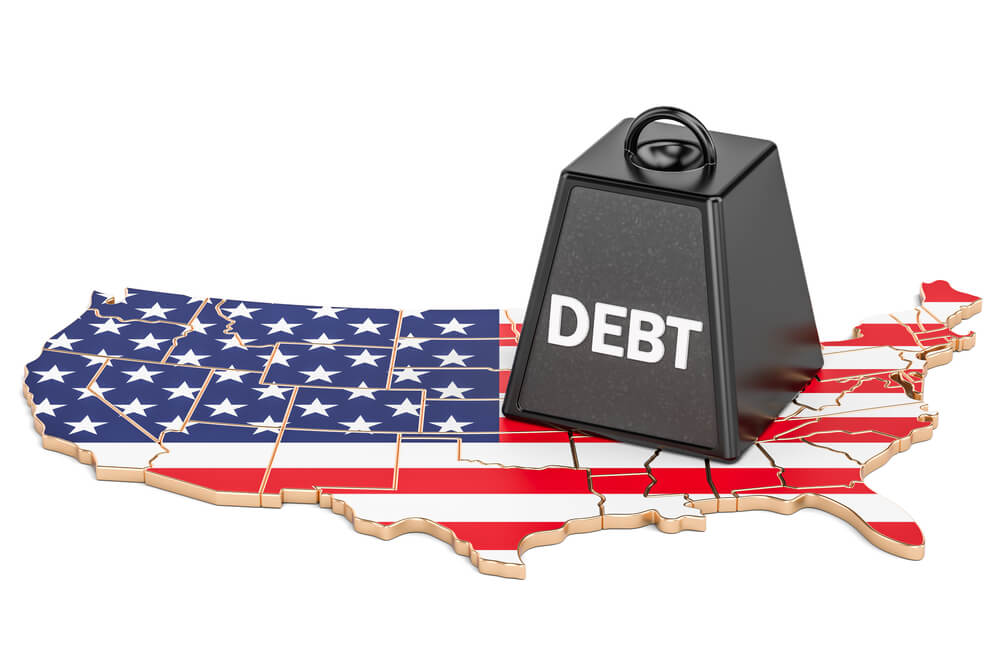The federal budget deficit for this year is estimated to be $984 billion, about 4.7% of the country’s gross domestic product, and is at its highest level since 2012, according to the latest projections from the nonpartisan Congressional Budget Office.
The federal deficit, or the difference between what the government is spending in regard to what it is taking in, has only topped $1 trillion four times in history, all immediately following the 2008 global financial crisis.
The deficit has grown every year since 2015, and this year’s shortfall is $205 billion higher than 2018’s, a staggering jump of 26%.
The CBO is warning that the nation’s debt is unsustainable and higher levels of debt only increase the cost of borrowing, making it more and more difficult for the government to fight off a recession — and it only increases the cost of future spending on interest.
Both sides of the aisle, Republican and Democrat, have agreed to increase spending each year, and the Tax Cuts and Jobs Act, passed by the GOP-controlled Congress and White House in late 2017, has reduced the revenue being taken in.
Of course, the biggest drivers behind the deficit are some of the country’s most popular social safety net programs, Social Security, Medicare and Medicaid.
“Democrats and Republicans must be held responsible for the outrageous deficit reported today by the CBO,” FreedomWorks, a conservative advocacy group, Vice President of Legislative Affairs Jason Pye said. “This unsustainable situation is only going to get worse.”
The fiscal year ended on Sept. 30 and final figures for the year will be published later this year by the Treasury Department and the news could actually be even worse. Previous estimates by the Treasury Department projected the deficit will pass $1 trillion for the year.
Editor’s note: Does government spending concern you and what do you think should be done about it? Should the government raise taxes or cut so-called “entitlement programs” like Social Security?




